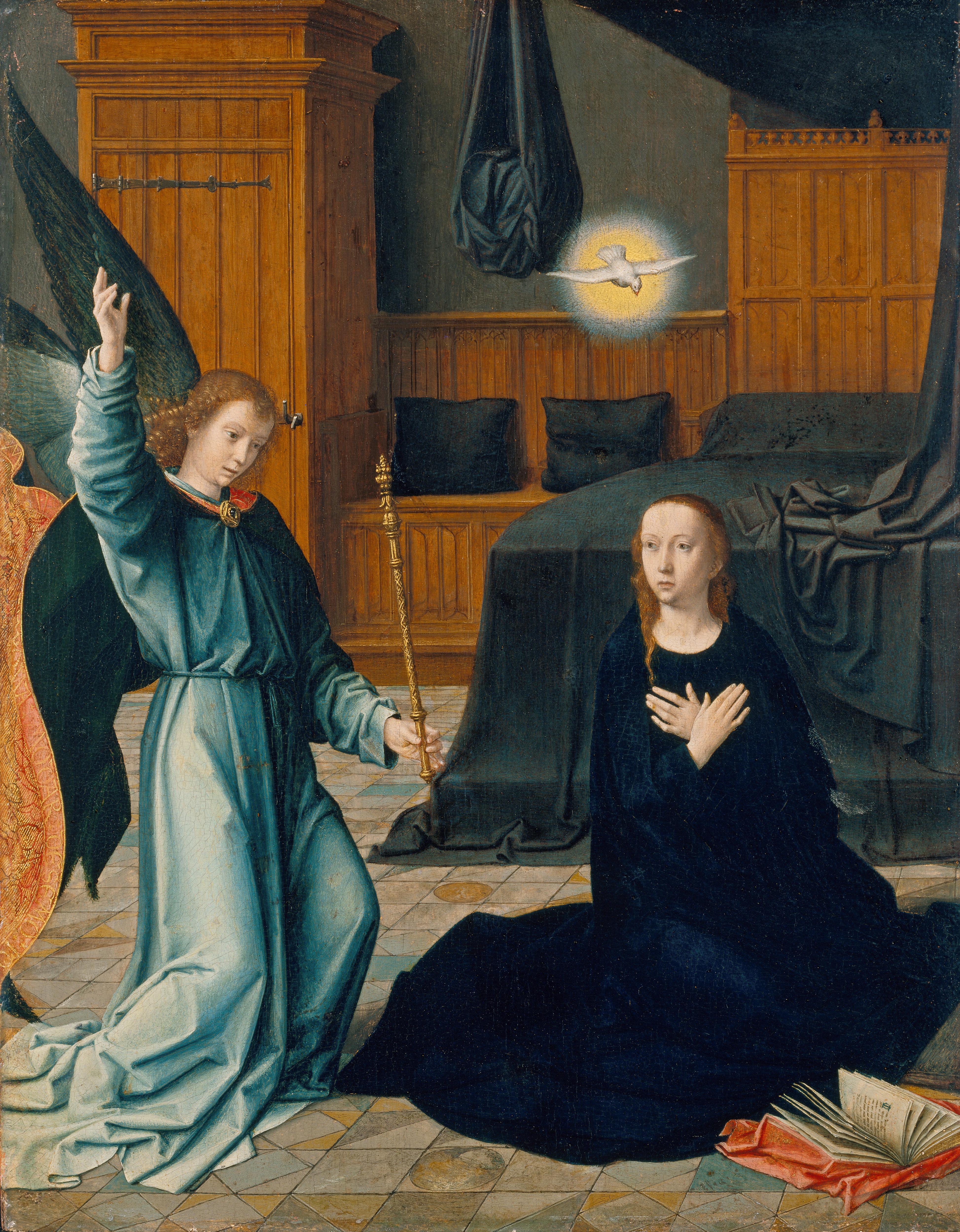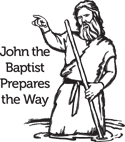What a wonderful week of worship we have before us:
Christmas Eve Candlelight Service, Saturday at 7 p.m.
Christmas Day Service, Sunday at 11:00 a.m.
Our Gospel reading for Sunday comes from John 1:1-14. Yes, the Word became flesh and lives among us. Whatever days we face, whether they seem bright or dim, still the Light of Christ shines, above us, before us, and within us.
As we journey through this last week of Advent, I offer you a much beloved poem, "Bells on Christmas Day." Henry Wadsworth Longfellow was filled with sorrow at the tragic death of his wife in a fire in 1861. The Civil War broke out the same year, and it seemed this was an additional punishment. Two years later, Longfellow was again saddened to learn that his own son had been seriously wounded in the Army of the Potomac. Sitting down to his desk, one Christmas Day, he heard the church bells ringing. It was in this setting that Longfellow wrote these lines:
I heard the bells on Christmas Day
Their old familiar carols play,
And wild and sweet
The words repeat
Of peace on earth, good will to men!
Their old familiar carols play,
And wild and sweet
The words repeat
Of peace on earth, good will to men!
And thought how, as the day had come
The belfries of all Christendom
Had rolled along
The unbroken song
Of peace on earth, good will to men!
The belfries of all Christendom
Had rolled along
The unbroken song
Of peace on earth, good will to men!
Till, ringing, singing on its way,
The world revolved from night to day,
A voice, a chime,
A chant sublime
Of peace on earth, good will to men!
The world revolved from night to day,
A voice, a chime,
A chant sublime
Of peace on earth, good will to men!
Then from each black, accursed mouth
The cannon thundered in the South,
And with the sound
The carols drowned
Of peace on earth, good will to men!
The cannon thundered in the South,
And with the sound
The carols drowned
Of peace on earth, good will to men!
It was as if an earthquake rent
The hearth-stones of a continent,
And made forlorn
The households born
Of peace on earth, good will to men!
The hearth-stones of a continent,
And made forlorn
The households born
Of peace on earth, good will to men!
And in despair I bowed my head;
"There is no peace on earth," I said;
"For hate is strong
And mocks the song
Of peace on earth, good will to men."
"There is no peace on earth," I said;
"For hate is strong
And mocks the song
Of peace on earth, good will to men."
Then pealed the bells more loud and deep.
"God is not dead, nor doth he sleep!
The wrong shall fail,
The right prevail,
With peace on earth, good will to men!"[i]
"God is not dead, nor doth he sleep!
The wrong shall fail,
The right prevail,
With peace on earth, good will to men!"[i]
I look forward to seeing you in worship. Until then, may you be guided by the Light of the Christ Child!
Shalom,
Glenda

